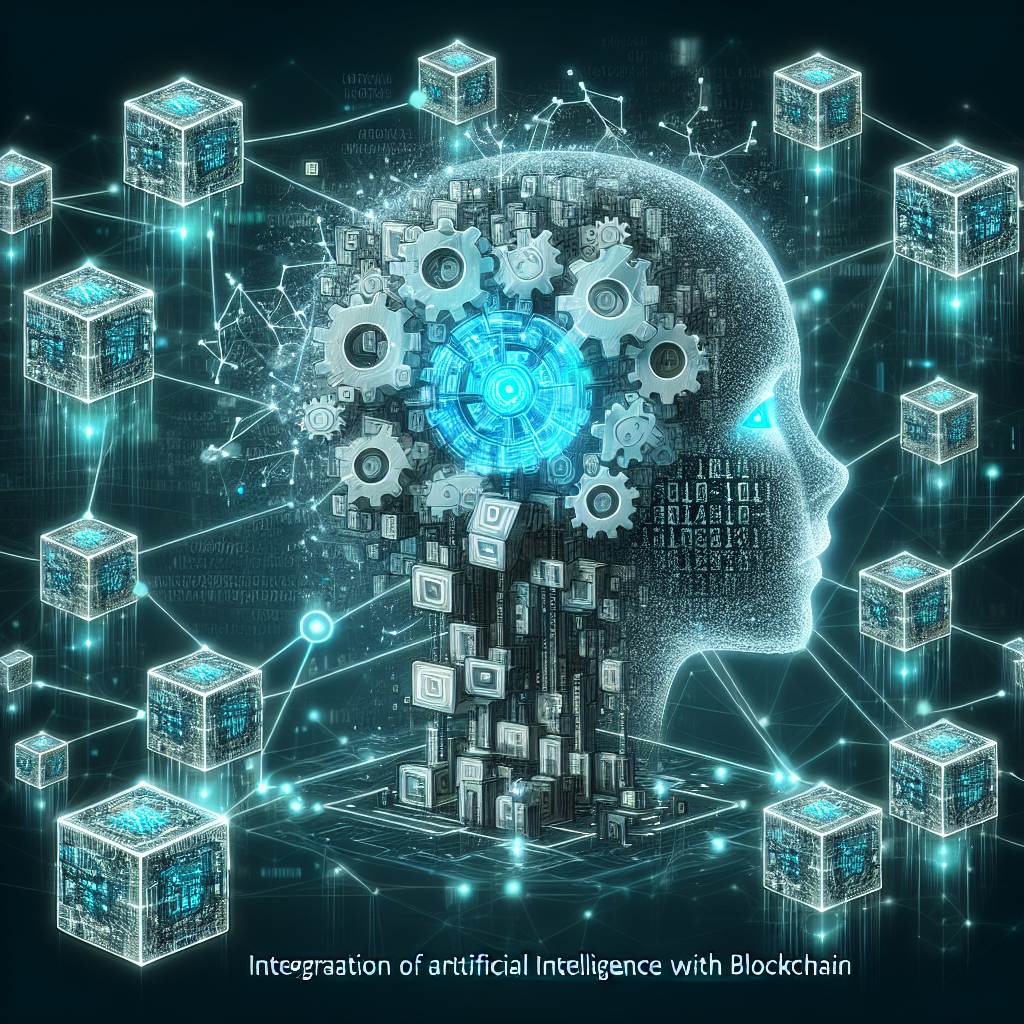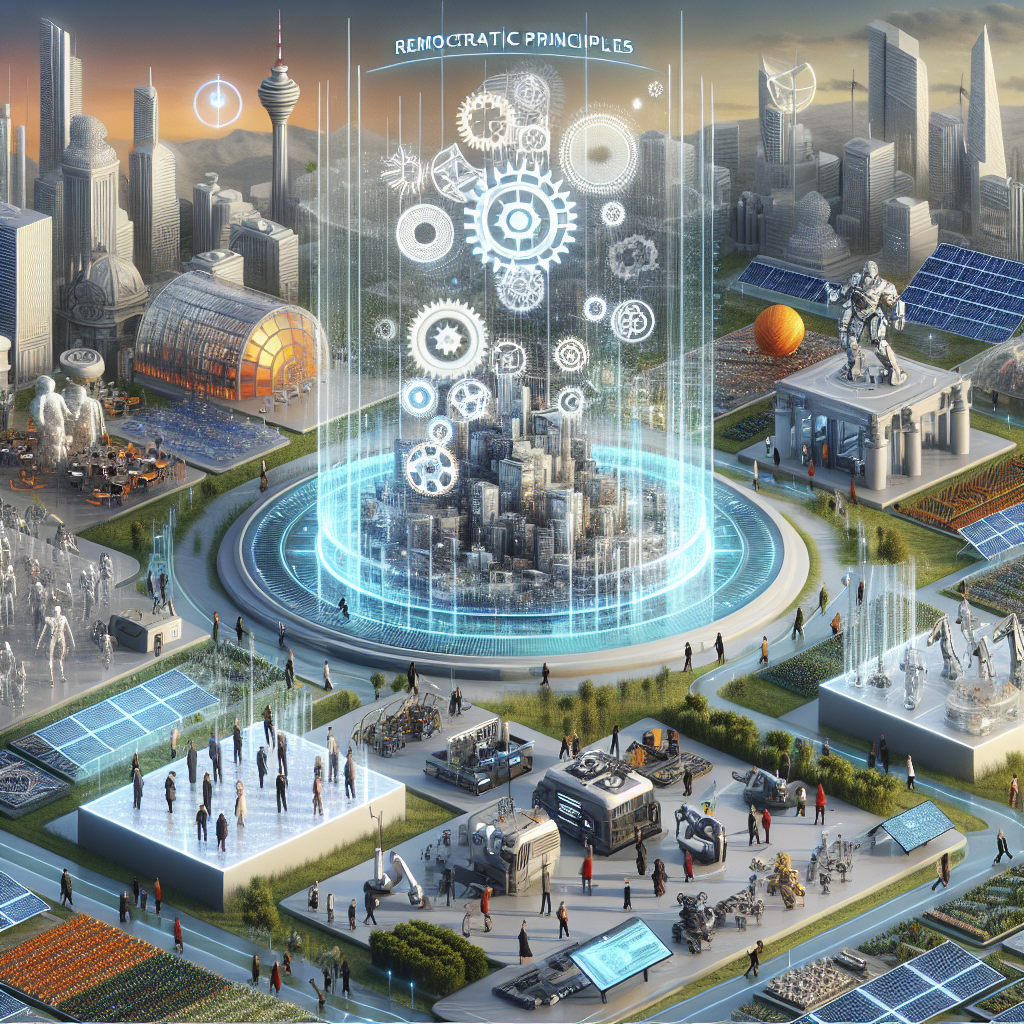Embracing Technological Innovation While Upholding Democratic Values
As the pace of technological advancement continues to accelerate, democratic societies face a growing paradox. On one hand, innovation offers unparalleled promise for economic growth, efficient governance, and global connectivity. On the other hand, it has ushered in new complexities—from AI-driven decision-making systems that lack transparency to deepfake technologies that erode public trust. The event “Redefining Resilience: Embedding Democratic Values in Technological Innovation”, hosted by the German Marshall Fund of the United States (GMF), brought these dualities into sharp focus.
Challenges at the Intersection of Technology and Democracy
Modern democracies are under pressure. Technologies that were once heralded as tools of empowerment have, in some cases, become instruments for undermining civic institutions. The rise of disinformation through deepfakes, surveillance capitalism, algorithmic opacity, and voter manipulation represents just a few instances where innovation has been misused.
Key challenges facing democratic societies include:
- Lack of transparency in artificial intelligence systems, making it difficult to understand and challenge automated decisions.
- Data privacy concerns linked to large-scale data collection and behavioral tracking.
- Democratic backsliding fueled by technology-driven propaganda and censorship.
- Inequitable access to cutting-edge tools and services that can further widen global and domestic divides.
Democracy-Affirming Technologies: A Proactive Solution
Despite these concerns, the GMF Technology team argues that technology need not stand in conflict with democratic ideals. Instead, it’s possible to cultivate “democracy-affirming technologies” — tools intentionally crafted to embed and promote fundamental democratic principles such as privacy, accountability, equity, and inclusiveness.
These technologies reflect more than just compliance with regulations—they represent intentional design choices to advance ethical innovation. For example:
- Privacy-First Architectures: Leveraging decentralized data storage and user-controlled encryption to return agency to individuals.
- Transparent Algorithms: Systems built with explainability protocols, allowing users and regulators to understand how decisions are made.
- Open-Source Platforms: Encouraging collaborative development, civic participation, and scrutiny from civil society.
Key Insights from the GMF Event
The GMF’s event brought together a diverse panel of technologists, policymakers, and civil society leaders to examine how innovation ecosystems can be restructured to uphold democratic values. Through in-depth discussion, several key strategies emerged:
1. Designing Value-Centric Ecosystems
A resilient innovation ecosystem doesn’t just focus on technical capability but emphasizes democratic purpose. This includes establishing ethical review boards, developing institutional checks for technological deployment, and promoting interdisciplinary collaboration between engineers, ethicists, and public officials.
2. Strategic Policy and Regulation
Panelists highlighted the importance of regulatory guardrails that both stimulate innovation and protect human rights. Regulatory frameworks must be forward-looking and global in scope while focusing on risk mitigation, data governance, and platform accountability.
3. Public-Private Collaboration
Private sector leaders are uniquely positioned to influence broad technological trajectories. Thus, intentional partnerships between startups, corporations, governments, and academic institutions are key to ensuring that technologies are purpose-aligned and reflect shared societal goals.
4. Civic Participation in Innovation
To remain democratic, innovation must be participatory. The event emphasized involving end users and communities in the design and deployment of technologies. Methods like participatory design and community-based testing can ensure digital tools genuinely meet people’s needs and protect their rights.
Increasing Access to Democracy-Tech
Another major theme from the event was enhancing access to democracy-embedding technologies. This includes:
- Lowering barriers to digital tools so NGOs, minority communities, and developing regions can benefit from civic tech.
- Investing in digital literacy programs to help citizens critically engage with technology and misinformation.
- Supporting inclusive entrepreneurship to empower diverse innovators who might otherwise be excluded from the technosphere.
A Transatlantic Imperative
As a transatlantic institution, the GMF emphasizes synergistic efforts between Europe and the United States. By harmonizing democratic tech standards, convening cross-border dialogue, and jointly launching civic tech initiatives, both regions can become global leaders in ethical innovation.
Conclusion: Embedding Ethics in Every Line of Code
In a time when democratic institutions are increasingly tested by algorithmic power and digital subterfuge, we stand at a crossroads. We can allow innovation to outpace regulation and values—or we can choose to rethink resilience by embedding democracy into the very DNA of technology.
The German Marshall Fund’s work underscores that technology, when intentionally designed, can become a pillar—not a peril—of democracy. Forward-looking strategies, inclusive innovation ecosystems, and principled partnerships are the paths toward collaborative progress, where ethical innovation ensures that technological power belongs to the people it serves.
Join the Conversation
For more information on this vital initiative or to read the GMF’s latest report, visit GMF’s official event page. You may also reach out to Adrienne Goldstein at agoldstein@gmfus.org for questions or accommodations.



Leave a Reply